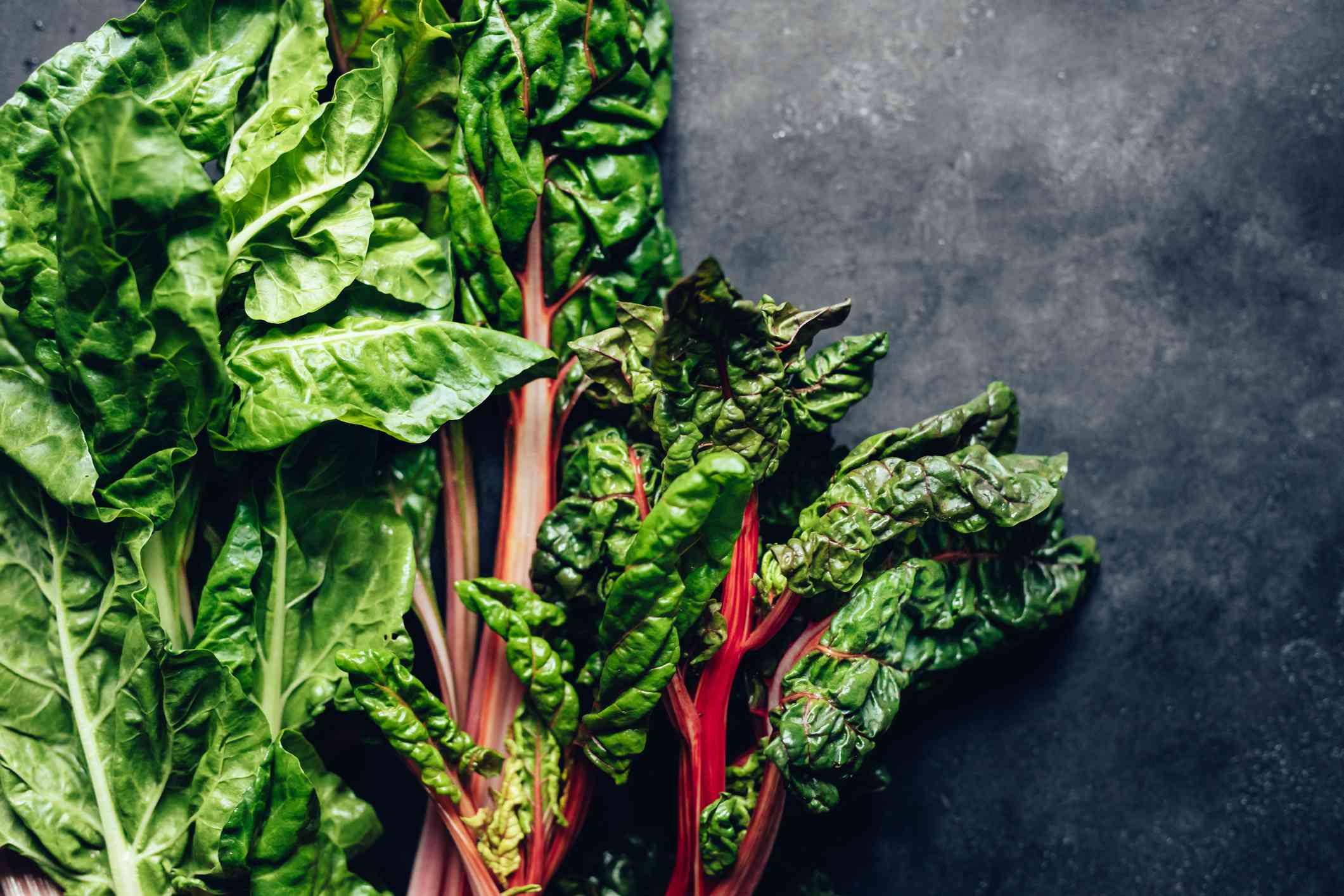Conquering The Infamous 3 Highs Plus Homocysteine: Restore Balance!
Our body functions as a highly interconnected system, with the gut, brain, and liver playing central roles in maintaining balance. When these organs communicate and work harmoniously, it leads to improved health outcomes.
This balance significantly affects critical factors such as blood sugar, blood pressure, blood fats, and overall metabolic health, while easing the burden on other organs like the kidneys, pancreas, and heart. Let’s explore how restoring this vital axis can impact these areas.
1. Blood Sugar Balance
The gut-brain-liver axis is crucial for maintaining stable blood sugar levels. A healthy gut microbiome helps regulate how the body processes and stores glucose. A pure and effective probiotic supplement can certainly help here. When balanced, the liver receives proper signals to manage glucose production, while the brain controls hunger and fullness hormones like insulin and glucagon, which curb cravings and prevent blood sugar spikes.
Stress and emotional eating often trigger cravings for carb-rich foods and sugary snacks, disrupting this balance. Overconsumption of fructose or artificial sweeteners strains the liver, driving fat accumulation and disrupting gut health. Excess fructose is processed by the liver and can lead to insulin resistance, while artificial sweeteners negatively impact gut bacteria, leading to imbalances in appetite regulation and glucose management.
When this system is out of sync, excess sugar disrupts gut microbiota, drives fat accumulation in the liver, and causes blood sugar spikes, putting extra strain on the pancreas to produce insulin. This imbalance can also indirectly raise blood pressure by contributing to insulin resistance and affecting the body's ability to regulate sodium.
2. Regulating Blood Pressure
Blood pressure regulation depends on several key factors, including liver function, stress management, and gut health. According to Traditional Chinese Medicine (TCM), high blood pressure can be linked to an imbalance associated with the liver and gallbladder. A healthy liver filters excess fats, preventing blockages that could raise blood pressure.
The brain helps regulate the release of stress hormones, which also impact pressure levels. Adaptogenic herbs like ashwagandha, rhodiola, cistanche tubulosa, and eleuthero support the body in adapting to stress, reducing strain on the heart and kidneys.
Restoring gut health enhances communication between the gut, brain, and liver, promoting blood vessel relaxation and supporting healthy blood pressure. The gut bacteria produce beneficial compounds like short-chain fatty acids (SCFAs), which reduce inflammation and support cardiovascular health.
Cistanche tubulosa, in particular, offers comprehensive support by not only aiding stress adaptation and cognitive function but also enhancing gut and liver health. It promotes the growth of beneficial gut bacteria, a key element in maintaining a healthy digestive system, which in turn supports balanced blood pressure and overall cardiovascular health.
Don’t forget about hydration! Staying well-hydrated helps maintain blood volume and circulation, while also relieving tension. A nutrient-rich diet, especially one rich in leafy greens, is essential for vascular health.
Leafy greens are packed with nitrates, which the body converts into nitric oxide (NO), a vasodilator that improves blood flow and helps lower blood pressure. They’re also rich in magnesium, which helps relax blood vessels and supports cardiovascular function.
Additionally, leafy greens are high in chlorophyll, which supports detoxification and liver health. In TCM, leafy greens are especially beneficial as they align with the color green—yes, you guessed it, the liver’s associated color—symbolizing nourishment for the liver and supporting its vital role in maintaining balance.


3. Improving Blood Fat Levels
A balanced gut microbiome plays a significant role in regulating blood fat levels. A healthy gut enhances cholesterol metabolism, reduces inflammation, and improves nutrient absorption. Incorporating probiotics and fiber supports gut health, benefiting the liver’s ability to manage cholesterol. The liver is essential in cholesterol regulation, producing and balancing lipoproteins and cholesterol.
However, factors like high sugar intake, insulin resistance, and excessive fat accumulation in the liver can overwhelm its function. Fatty liver disease, where excess fats accumulate in the liver, can lead to inflammation, scarring (cirrhosis), and impaired liver function. When supported by a nutrient-rich diet, reduced toxin exposure, liver-supporting supplements, and lifestyle choices that minimize inflammation, the liver can better regulate blood fats and maintain overall metabolic health.
In Traditional Chinese Medicine (TCM), high cholesterol is often linked to blood stagnation and dampness, rather than cholesterol itself being the primary issue. To address these imbalances, incorporating bitter herbs such as milk thistle, dandelion, or chicory root can help support the liver, improve circulation, and restore balance. These herbs can also further enhance the liver’s ability to regulate cholesterol and support overall metabolic health.
High-quality protein in your diet also supports liver function by aiding in the repair and regeneration of liver cells, while maintaining lean muscle mass. When combined with liver-friendly herbs, this holistic approach optimizes the liver’s role in managing blood fats.
Moreover, the brain communicates with the liver to regulate metabolism and appetite. Maintaining cognitive health through a balanced diet, physical activity, and stress management helps ensure effective signaling between these organs, promoting better overall metabolic function.


4. Managing Homocysteine Levels
Homocysteine is a naturally occurring amino acid produced during protein metabolism. While it plays a role in various bodily functions, elevated homocysteine levels have been linked to an increased risk of heart disease.
B vitamins—like B6, B12, and folate—are crucial in regulating and breaking down homocysteine, and they’re absorbed through the gut. The liver also helps convert homocysteine into harmless compounds. To ensure you’re getting enough of these nutrients, a well-rounded multivitamin and mineral supplement can help fill any gaps and support overall heart health.
Conclusion: Restoring Balance to the Gut-Brain-Liver Axis
Conquering the infamous 3 highs—blood sugar, blood pressure, and blood cholesterol—plus managing Homocysteine levels requires a holistic approach focused on restoring balance to the gut-brain-liver axis. When we provide the right support through proper nutrition, stress management, and incorporating beneficial herbs, this interconnected system has the remarkable capacity to heal itself.
Patience is key; give your body the time it needs to adjust and restore balance naturally. The more we nurture this vital axis, the better we equip ourselves for long-term health and wellness.
Return to:


